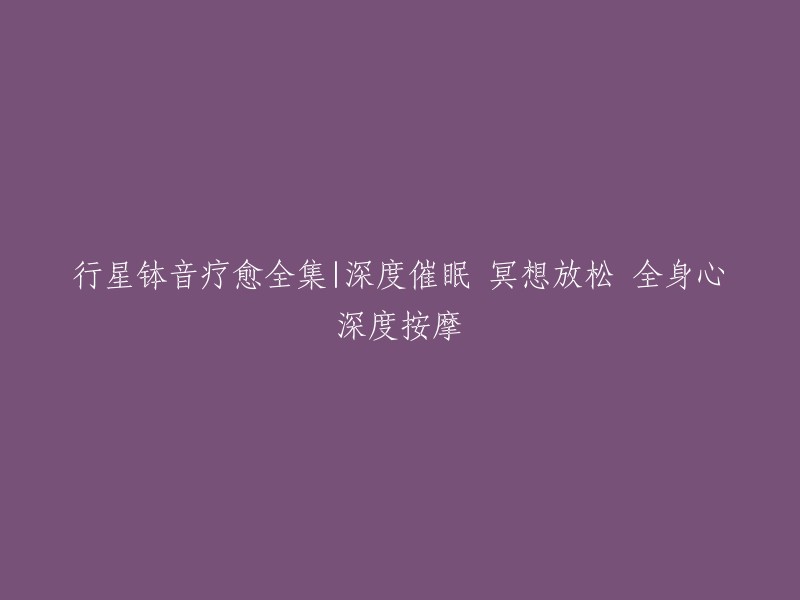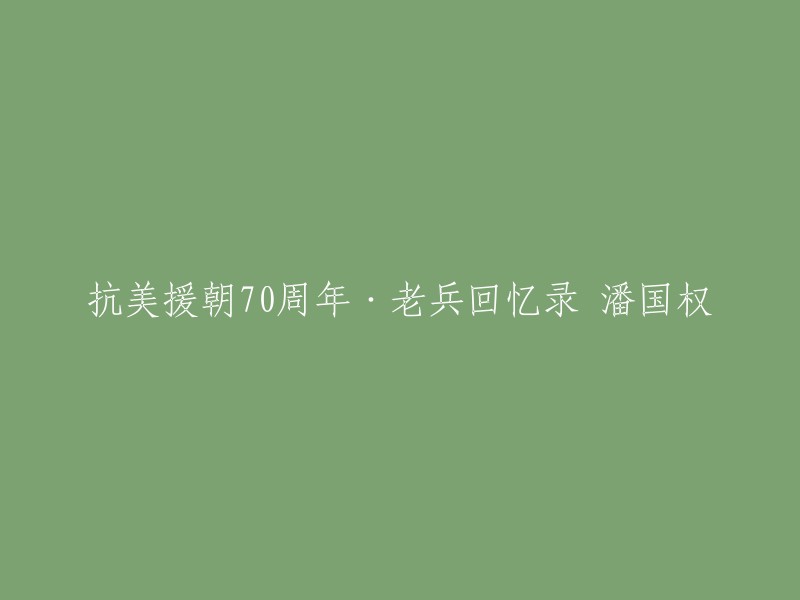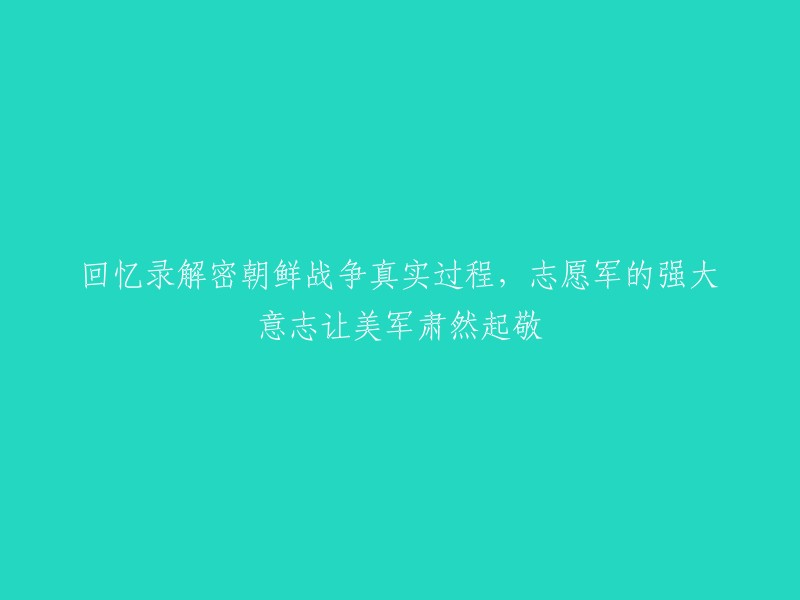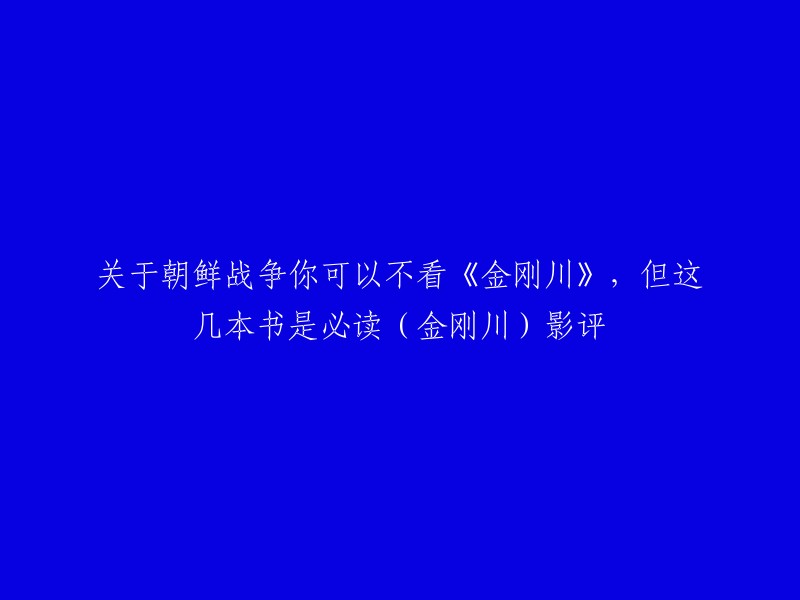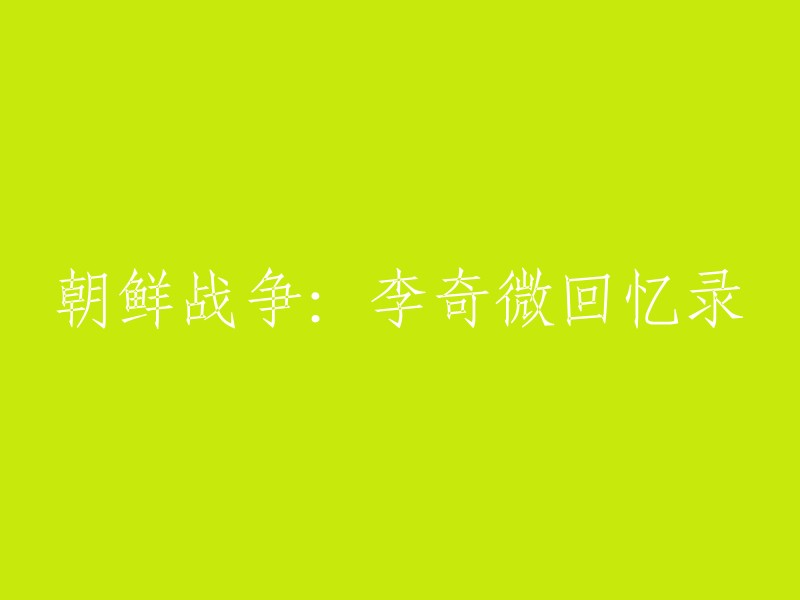is的过去式是be。
相关词组:
- If I were you...(如果我是你...)
- 英语解释:动词be,表示“具有某种性质”,作为系动词,通常与形容词或名词连用。同义词有“be”和“exist”。另外,“happen”、“occur”、“take place”等词也可以表示发生、出现的意思,同义词有“be”。还有其他一些词组如“be identical to”、“be somewhere”、“have an existence, be extant”、“form or compose”、“work in a specific place, with a specific subject, or in a specific function”、“represent, as of a character on stage”、“spend or use time”、“have life, be alive”、“to remain unmolested, undisturbed, or uninterrupted”以及“be priced at”等。
例句:
- His words were followed by a pregnant pause. 他说完话后,接着是一段意味深长的停顿。
- There were lots of buffaloes in the North America 100 years ago. 100年前,北美有大量的野牛。
- The children were whispering in the corner. 孩子们正在角落里低声耳语。
- She is, as it were. 她就像...一样。
我见过的最漂亮的姑娘。在沼泽地,我们受到了蚊子的围攻。如果我是你,我就不会担心。他可说是个活字典。如果我站在你的立场上。
Were, the past subjunctive of "be", is a verb used in the second person singular and plural as well as first and third person plural past indicative. It is often used to express an hypothetical or contrary-to-fact situation. If I were you, I wouldn't worry about it. He is, as it were, a walking dictionary. If I were in your shoes, I would understand how difficult it must be for you right now. In this context, "were" is used to express a hypothetical situation where the speaker is not actually in that situation.
The word "we", on the other hand, is used to refer to a group of people including the speaker. In the sentence "In the swamp we were beset by mosquitoes", "we" is referring to the speaker and possibly others who are with them. The word "we" is also used to refer to situations where a group of people are experiencing something together. For example, "We were all very happy when we won the game".
It is worth noting that the word "were" can also be used as a wish or desire. For example, "I wish I were taller" or "I wish I were more confident". However, in these cases, it is often used in the past subjunctive form to express a desire that did not come true in the past.


